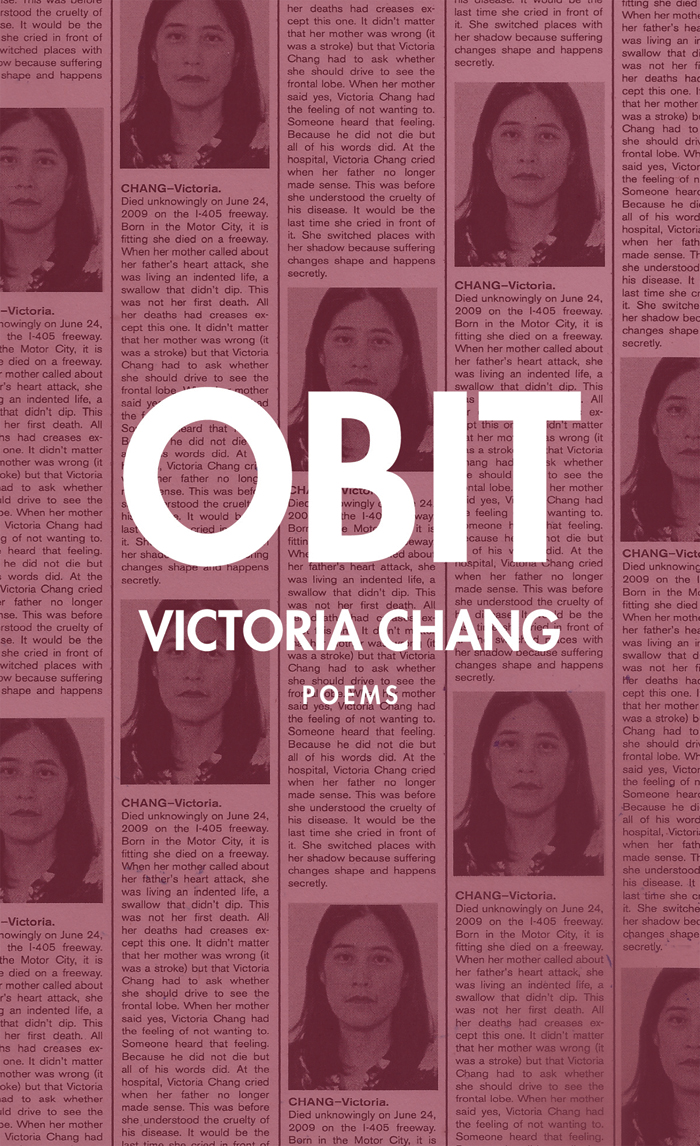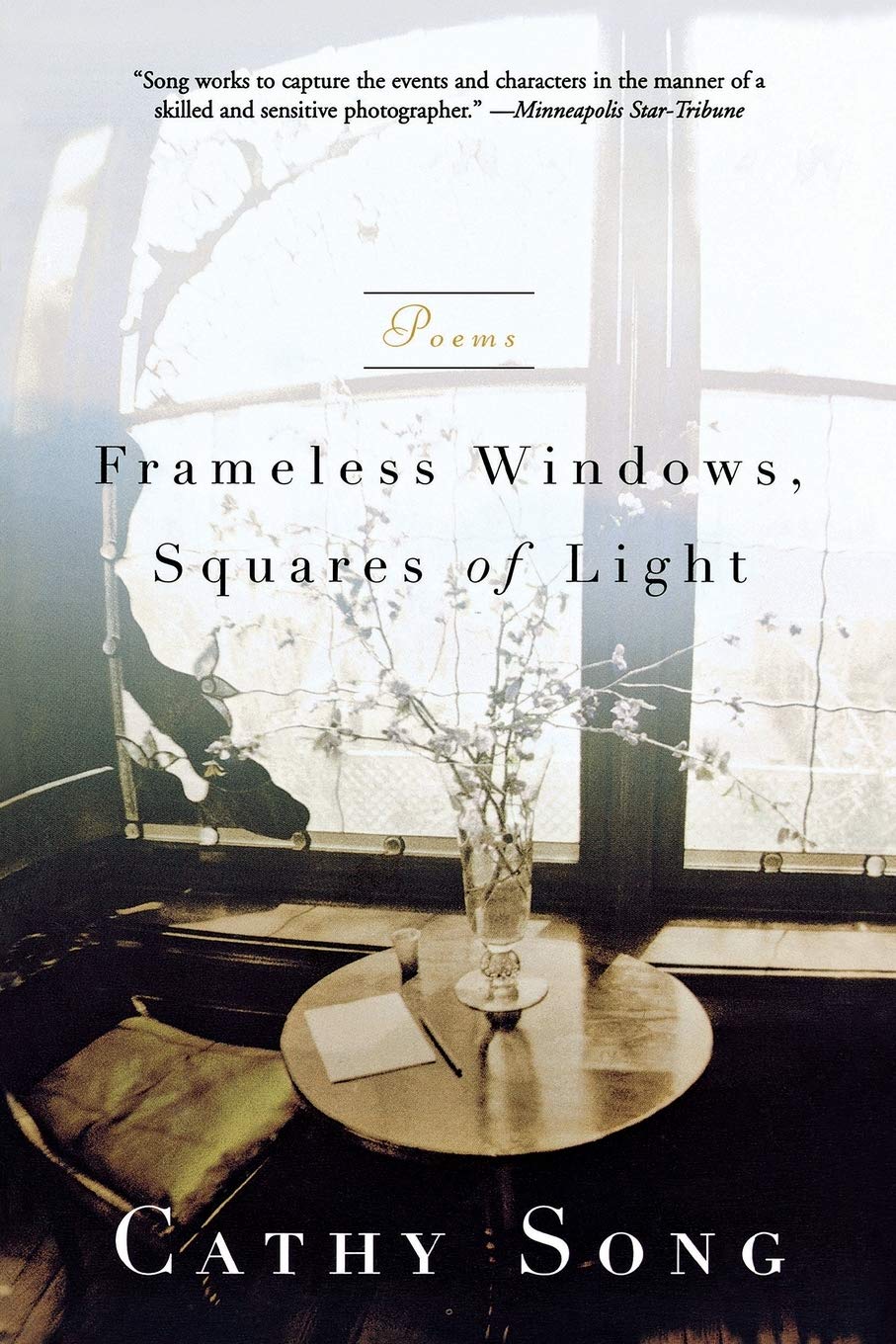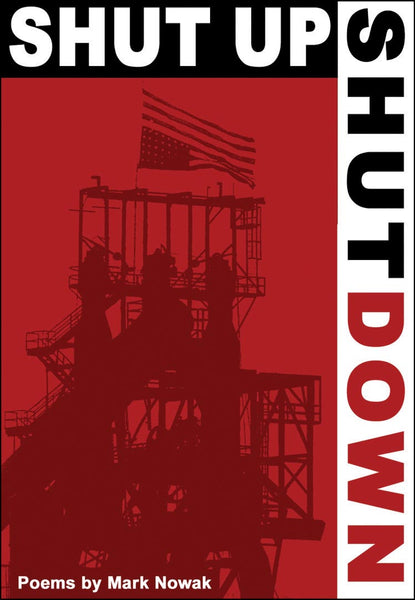This Poetry display showcases poetry from authors who capture unheard struggles and voices, as well as calls for social change. Much like our Library Voices blog, poetry serves as a medium to convey their perspective in a personal format. Their poems are insightful to understand perspectives and create a new outlook for the reader or emphasize and validate an already known facet of their life. Below is a compiled list of poetry books available through the University of Washington Libraries that showcase this theme. The book titles contain links to the UW Libraries online page with the selected book.
Collected Poetry in UW Libraries

Jimmy’s Blues: and other poems By James Baldwin
All of the published poetry of James Baldwin, including six significant poems previously only available in a limited edition. This new collection presents James Baldwin the poet, including all nineteen poems from Jimmy’s Blues, as well as all the poems from a limited-edition volume called Gypsy, of which only 325 copies were ever printed and which was in production at the time of his death. Known for his relentless honesty and startlingly prophetic insights on issues of race, gender, class, and poverty, Baldwin is just as enlightening and bold in his poetry as in his famous novels and essays. The poems range from the extended dramatic narratives of ‘Staggerlee wonders’ and ‘Gypsy’ to the lyrical beauty of ‘Some days, ‘ which has been set to music and interpreted by such acclaimed artists as Audra McDonald. Nikky Finney’s introductory essay reveals the importance, relevance, and rich rewards of these little-known works.
The collected poems of Audre Lorde By Audre Lorde
Collected here for the first time are more than three hundred poems from one of this country’s major and most influential poets, representing the complete oeuvre of Audre Lorde’s poetry. Lorde published nine volumes of poetry which, in her words, detail “a linguistic and emotional tour through the conflicts, fears, and hopes of the world I have inhabited.” Included here are Lorde’s early, previously unavailable works: The First Cities, The New York Head Shop and Museum, Cables to Rage, and From a Land Where Other People Live.

SOS: poems 1961-2013 By Amiri Baraka
Fusing the personal and the political in high-voltage verse, Amiri Baraka–“whose long illumination of the black experience in America was called incandescent in some quarters and incendiary in others” (New York Times)–was one of the preeminent literary innovators of the past century. Selected by Paul Vangelisti, this volume comprises the fullest spectrum of Baraka’s rousing, revolutionary poems, from his first collection to previously unpublished pieces composed during his final years.
The collected poems of Lucille Clifton 1965-2010 By Lucille Clifton
The Collected Poems of Lucille Clifton 1965-2010 combines all eleven of Lucille Clifton’s published collections with more than sixty previously unpublished poems. The unpublished works feature early poems from 1965-1969, a collection-in-progress titled Book of Days (2008), and a poignant selection of final poems.

The Weary Blues By Langston Hughes
In The Weary Blues, Hughes began to address the preoccupations that carried through his later work. The poems progress at a self-assured and lyrical pace—partly because Hughes expected them to be performed with musical accompaniment in the famous Harlem clubs of that era. He announced his poetic philosophy of speaking not only for himself but also for the whole African American population. The book is split into seven thematic sections: The Weary Blues, Dream Variations, The Negro Speaks of Rivers, A Black Pierrot, Water Front Streets, Shadows in the Sun, and Our Land.
The collected poems of Langston Hughes By Langston Hughes
“The ultimate book for both the dabbler and serious scholar. – [Hughes] is sumptuous and sharp, playful and sparse, grounded in earthy music – This book is a glorious revelation.”- Boston Globe Spanning five decades and comprising 868 poems (nearly 300 of which have never before appeared in book form), this magnificent volume is the definitive sampling of a writer who has been called the poet laureate of African America – and perhaps our greatest popular poet since Walt Whitman. Here, for the first time, are all the poems that Langston Hughes published during his lifetime, arranged in the general order in which he wrote them and annotated by Arnold Rampersad and David Roessel. Lyrical and pungent, passionate and polemical, the result is a treasure of a book, the essential collection of a poet whose words have entered our common language.

Obit: [poems] By Victoria Chang
After her mother died, poet Victoria Chang refused to write elegies. Rather, she distilled her grief during a feverish two weeks by writing scores of poetic obituaries for all she lost in the world. In Obit, Chang writes of “the way memory gets up after someone has died and starts walking.” These poems reinvent the form of newspaper obituary to both name what has died (“civility,” “language,” “the future,” “Mother’s blue dress”) and the cultural impact of death on the living. Whereas elegy attempts to immortalize the dead, an obituary expresses loss, and the love for the dead becomes a conduit for self-expression. In this unflinching and lyrical book, Chang meets her grief and creates a powerful testament for the living.
Barbie Chang By Victoria Chang
“Barbie’s cultural artifice is unmasked by Victoria Chang’s imagination, lifting the struggle of Asian American experience to mythic levels” In her fourth collection, Victoria Chang is at her best, performing sharp language-play and breathless turns in poems that ring vivid, humorous, and true. Barbie Chang is an energetic social commentary whose eponymous heroine is a perpetual outsider, failing at the impossible task of fitting in with “the beautiful thin mothers at school” who “form a perfect circle.” We follow Barbie Chang on romantic misadventures with Mr. Darcy and through the humbling heartbreak of caring for ailing parents. Two sonnet sequences interrupt Barbie Chang’s narrative with first-person lyricism and urgency, revealing the great emotional undercurrents that animate these pages: love and desire.

Frameless windows, squares of light: poems By Cathy Song
Cathy Song’s poems are “bouquets to those moments in life that seemed minor but in retrospect count the most. She accommodates experiential extremes with a sensibility strengthened by patience that is centuries old, ancestral, tribal, a gift passed down.”
Coral Road: poems By Garrett Kaoru Hongo
Garrett Hongo’s long-awaited third collection of poems is a beautiful, elegiac gathering of his Japanese-American ancestors in their Hawaiian landscape and a testament to the power of poetry, as it brings their marginalized yet heroic narratives into the realm of art. In Coral Road, Hongo explores the history of the impermanent homeland his ancestors found on the island of O’ahu after their immigration from southern Japan, and meditates on the dramatic tales of the islands. In sumptuous narrative poems, he takes up strands of family stories and what he calls “a long legacy of silence” about their experience as contract laborers along the North Shore of the island.

Shut up shut down: poems By Mark Nowak
This collection of poetic plays and photo-documentary poems exposes the human cost of corporate greed and gives voice to the growing crisis faced in communities across America.
The Tradition By Jericho Brown
Jericho Brown’s daring new book, The Tradition, details the normalization of evil and its history at the intersection of the past and the personal. Brown’s poetic concerns are both broad and intimate and at their very core a distillation of the incredibly human: What is safety? Who is this nation? Where does freedom truly lie? Brown makes mythical pastorals to question the terrors to which we’ve become accustomed and to celebrate how we survive. Poems of fatherhood, legacy, blackness, queerness, worship, and trauma are propelled into stunning clarity by Brown’s mastery, and his invention of the duplex–a combination of the sonnet, the ghazal, and the blues-testament to his formal skill. The Tradition is a cutting and necessary collection, relentless in its quest for survival while reveling in a celebration of contradiction.

The fire this time: a new generation speaks about race By Jesmyn Ward
National Book Award-winner Jesmyn Ward takes James Baldwin’s 1963 examination of race in America, The Fire Next Time, as a jumping-off point for this groundbreaking collection of essays and poems about race from the most important voices of her generation and our time. Addressing his fifteen-year-old namesake on the one-hundredth anniversary of the Emancipation Proclamation, Baldwin wrote: “You know and I know, that the country is celebrating one hundred years of freedom one hundred years too soon.” Award-winning author Jesmyn Ward knows that Baldwin’s words ring as true as ever today. In response, she has gathered short essays, memoirs, and a few essential poems to engage the question of race in the United States. And she has turned to some of her generation’s most original thinkers and writers to give voice to their concerns. In the fifty-odd years since Baldwin’s essay was published, entire generations have dared everything and made significant progress. But the idea that we are living in the post-Civil Rights era, that we are a “post-racial” society is an inaccurate and harmful reflection of a truth the country must confront. Baldwin’s “fire next time” is now upon us, and it needs to be talked about.
American poets in the 21st century: poetics of social engagement By Claudia Rankine and Michael Dowdy
Emphasizes the ways in which innovative American poets have blended art and activism, focusing on aesthetic experiments and investigations of ethnic, racial, and gender subjectivities. Rather than consider poetry as a thing apart, or as a tool for asserting identity, this volume’s poets create spaces, forms, and modes for entering the public sphere, contesting injustices, and reimagining the contemporary.

When I grow up I want to be a list of further possibilities By Chen Chen
In this ferocious and tender debut, Chen Chen investigates inherited forms of love and family—the strained relationship between a mother and son, the cost of necessary goodbyes—all from Asian American, immigrant, and queer perspectives. Holding all accountable, this collection fully embraces the loss, grief, and abundant joy that come with charting one’s own path in identity, life, and love.
Monument: Poems new and selected By Natasha Trethewey
Layering joy and urgent defiance–against physical and cultural erasure, against white supremacy whether intangible or graven in stone–Natasha Trethewey’s work gives pedestal and witness to unsung icons. Monument, her first retrospective volume, draws together verses that delineate the stories of working-class African American women, a mixed-race prostitute, one of the first black Civil War regiments, mestizo and mulatto figures in Casta paintings, Gulf Coast victims of Hurricane Katrina. Through the collection, inlaid and inextricable, winds the poet’s own family history of upheaval and loss, resilience and love … As a whole, Monument casts new light on the trauma of our national wounds, our shared history. This is a poet’s remarkable labor to source evidence, persistence, and strength from the past in order to change the very vocabulary we use to speak about race, gender, and our collective future.
















